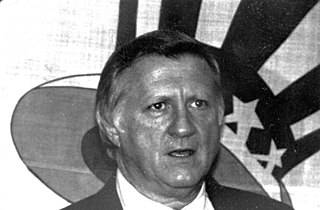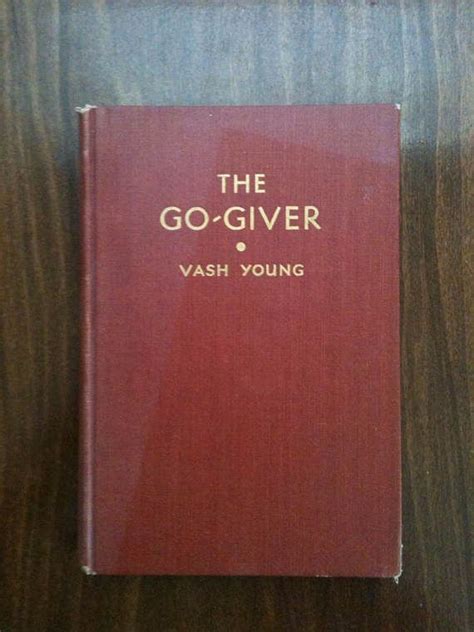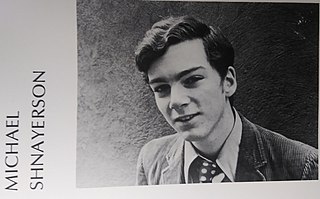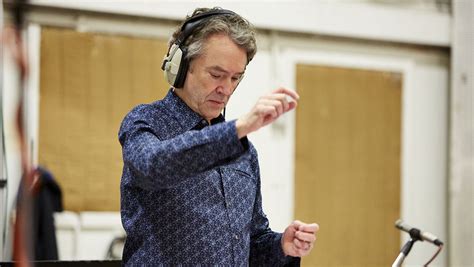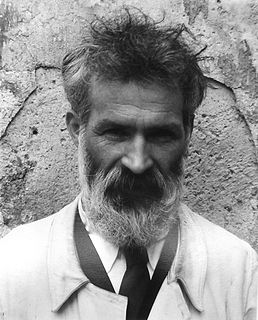A Quote by Hans Arp
Often the hands grasp more quickly than the head.
Related Quotes
Let's acknowledge that men reach for opportunities more quickly and more easily than women. So often as managers, we give the job to whoever starts solving the problem, to whoever jumps in. Since we know men will jump in faster than women in so many circumstances, we have to slow down and encourage more women to sit at more tables.
Roman Polanski actually said as much to me once. He had his head in his hands, and I said, "Roman, I've got to tell you, as an actor, seeing the director with his head in his hands... Look, I really want to do what you want me to do." And he went away and he came back, having obviously thought about what I said. And he said, "When my head is in my hands, I'm closing my eyes and trying to remember what I saw in my head, before any of the stuff."
The very best [infographics] engender and facilitate an insight by visual means - allow us to grasp some relationship quickly and easily that otherwise would take many pages and illustrations and tables to convey. Insight seems to happen most often when data sets are crossed in the design of the piece - when we can quickly see the effects on something over time, for example, or view how factors like income, race, geography, or diet might affect other data. When that happens, there's an instant "Aha!".


